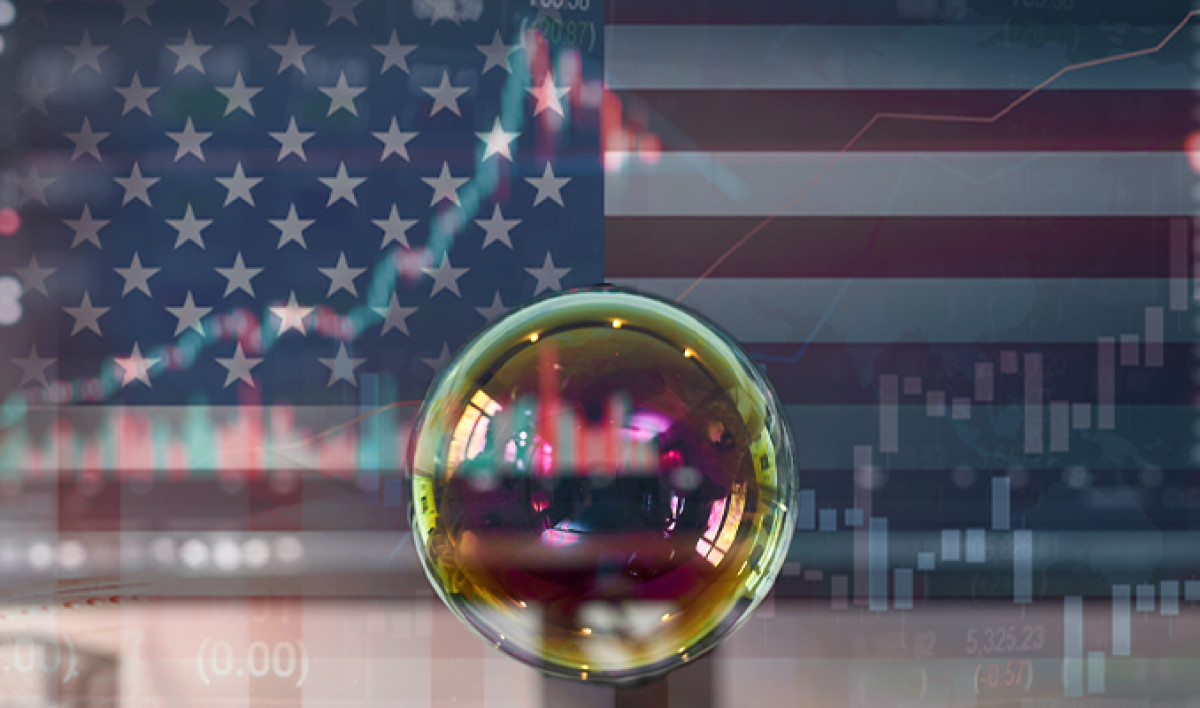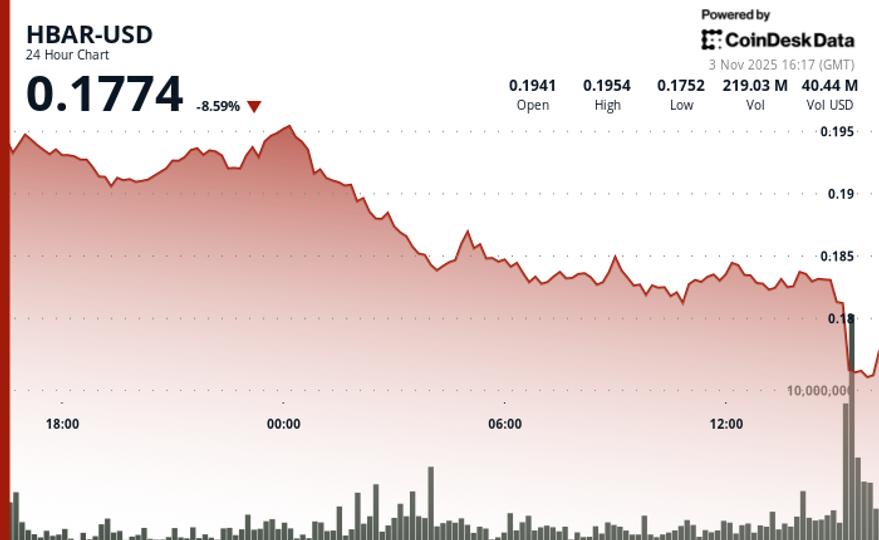
Ballon Debates: Safe Strategies for Investors


Global Market Bubble Discussions
As the rallies in global markets continue, concerns about a "bubble" among investors are also on the rise. Not only professionals but also ordinary investors and savers are beginning to question the possibility of a financial collapse. Many analysts express that bubble discussions have reached excessive proportions, highlighting that particularly Financial Times writer Katie Martin emphasizes the fundamental dynamics behind the market rallies are being overlooked.
Impressive Growth Trends
Steve Chiavarone, vice president responsible for equity investments at Federated Hermes based in New York, argues that the markets are not generally in a bubble. Chiavarone states, “Some stocks are overvalued; however, there is no general market inflation,” pointing out that the strong growth and innovation in the US market are ongoing. He notes that investors mainly choose stocks for the value they add.
The Power of Big Tech
Big technology companies, especially those in the group referred to as the "Magnificent Seven," are the main drivers of US economic growth. Martin indicates that the continued likelihood of the US Federal Reserve (Fed) to lower interest rates will also support smaller companies that are sensitive to interest rate fluctuations. In this context, it is predicted that the market rallies will continue in the short term.
Artificial Intelligence Investments: Permanent or Temporary?
Martin states that a significant portion of the market rally stems from interest in artificial intelligence (AI) investments. According to research from Cornell University, AI technologies offer both immediate value and a wide potential in real-world applications. Mark McDonald from HSBC’s AI and data science unit notes that confidence in the applicability of these findings to other sectors is increasing.
The Butterfly Effect in Stock Market Structure
However, while the majority of investors are seeking ways to hedge against a potential bubble, the intertwined structure of international markets limits escape routes during a crisis. Shares of European industrial companies have risen by 30% this year, with a significant portion of this increase based on data center equipment for artificial intelligence. A similar situation can also be observed in emerging market stock exchanges.
Effects of a Bursting Bubble
Ed Smith expresses that if a bubble were to burst, a collapse would occur across all markets. Another important point to keep in mind is that under the influence of passive funds, all assets tend to rise and fall together. Investors' desire to avoid uncertainty reveals that this situation is a misconception, as the conditions in the markets are not always clear.
.png)
Yakında Tüm Platformlarda
Sizlere kesintisiz haber ve analizi en hızlı şekilde ulaştırmak için. Yakında tüm platformlarda...




.png)